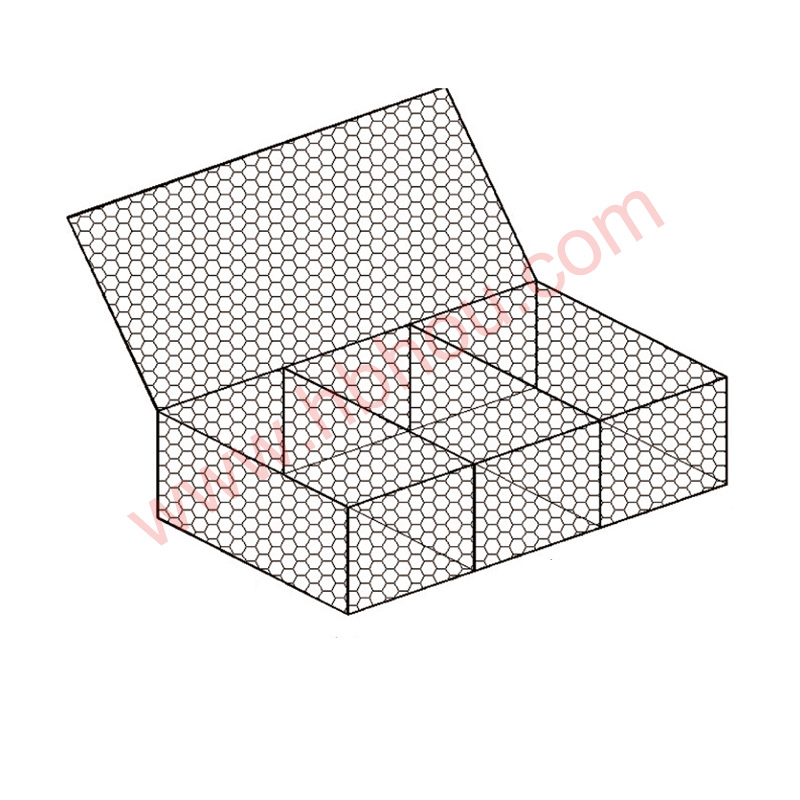The Rising Trend of Plastic Plant Label Stakes A Comprehensive Guide
In recent years, gardening enthusiasts and professional horticulturists alike have embraced the use of plastic plant label stakes as an essential tool for plant identification and organization. These stakes have become increasingly popular due to their durability, versatility, and environmental advantages compared to traditional labeling options. In this article, we will explore the benefits and applications of plastic plant label stakes, their environmental impact, and some creative ways to utilize them in your gardening practices.
Understanding Plastic Plant Label Stakes
Plastic plant label stakes are small, usually rectangular or triangular stakes made from high-quality plastic material that are designed to be inserted into the soil alongside plants. They serve various purposes from identifying plant species and varieties to providing critical information about growth conditions, care instructions, or propagation methods. These labels often come in various colors, sizes, and designs, allowing gardeners to customize their labeling systems to suit their unique preferences and needs.
Benefits of Using Plastic Plant Label Stakes
1. Durability Unlike paper or wooden labels, which can degrade or disintegrate over time, plastic stakes are resistant to weather conditions, UV rays, and moisture. This longevity ensures that your plants remain clearly identified throughout the growing season, providing essential information as they flourish and when it’s time to harvest.
2. Versatility Plastic label stakes can be used to identify a wide range of plants, including flowers, vegetables, and herbs. Additionally, their non-porous surface allows for easy writing with permanent markers or specialized labeling pens, ensuring that the information remains clear and legible.
3. Cost-effective Given their long lifespan and the minimal maintenance required, plastic plant label stakes represent an economical choice for gardeners. They can often be purchased in bulk, making them an affordable option for both hobbyists and professional landscapers.
4. Eco-friendly options Increasingly, manufacturers are producing biodegradable or recycled plastic label stakes, which can significantly reduce the environmental impact associated with gardening supplies. By choosing these options, gardeners can contribute positively to the planet while enjoying the benefits of plastic labeling.
Environmental Impact of Plastic Plant Label Stakes
As the gardening community becomes more environmentally conscious, the demand for sustainable gardening products is on the rise. While traditional plastic products can pose environmental risks, advancements in technology have led to the development of eco-friendly alternatives. These biodegradable stakes break down more readily in natural environments, thereby reducing waste.
plastic plant label stakes

Moreover, the use of durable plastic label stakes can minimize the need for frequent replacements, directly leading to a decrease in overall plastic consumption. By promoting thoughtful gardening practices and utilizing these innovations, gardeners can strike a balance between efficient planting and environmental responsibility.
Creative Uses for Plastic Plant Label Stakes
Beyond their primary function of labeling, plastic plant stakes can be creatively repurposed in various gardening projects
1. Garden Layout Planning Use plastic stakes to map out your garden layout before planting. This can help visualize how plants will grow and mature while giving you a better idea of spacing and arrangement.
2. Seasonal Indicators Color-code your plant labels based on the season (e.g., green for spring, red for summer) to easily track which plants thrive at different times of the year.
3. Children’s Gardening Projects Engage children in gardening by allowing them to decorate the stakes with paint or stickers. This fun activity can foster a love for plants and nature while helping with identification.
4. Propagation and Rooting Markers When propagating new plants from cuttings, use stakes to label different varieties. This will help you track growth and root development over time.
5. Information Sharing If you belong to a gardening community or have a neighborly garden swap, using well-marked plant stakes can promote knowledge-sharing about various species, care requirements, and cultivation tips.
Conclusion
Plastic plant label stakes are more than just a practical gardening tool; they represent a thoughtful approach to managing your plant collection while being mindful of environmental impact. With their durability, versatility, and potential for customization, these stakes empower gardeners to create an organized, informative, and environmentally friendly gardening space. As interest in sustainable practices continues to grow, plastic plant label stakes will undoubtedly remain a staple in the gardening toolkit for years to come. Embrace this trend for a more efficient, enjoyable, and eco-conscious gardening experience!
















